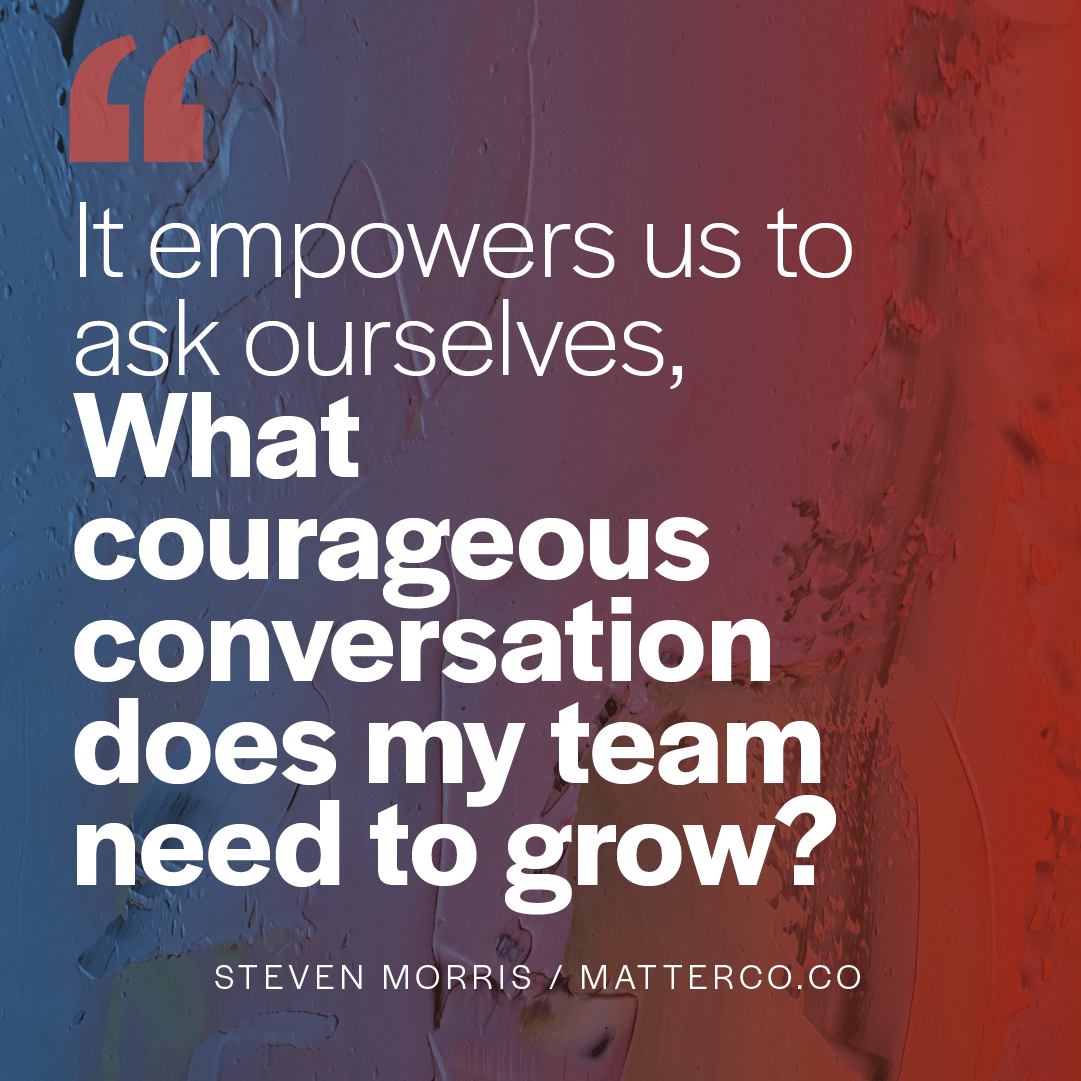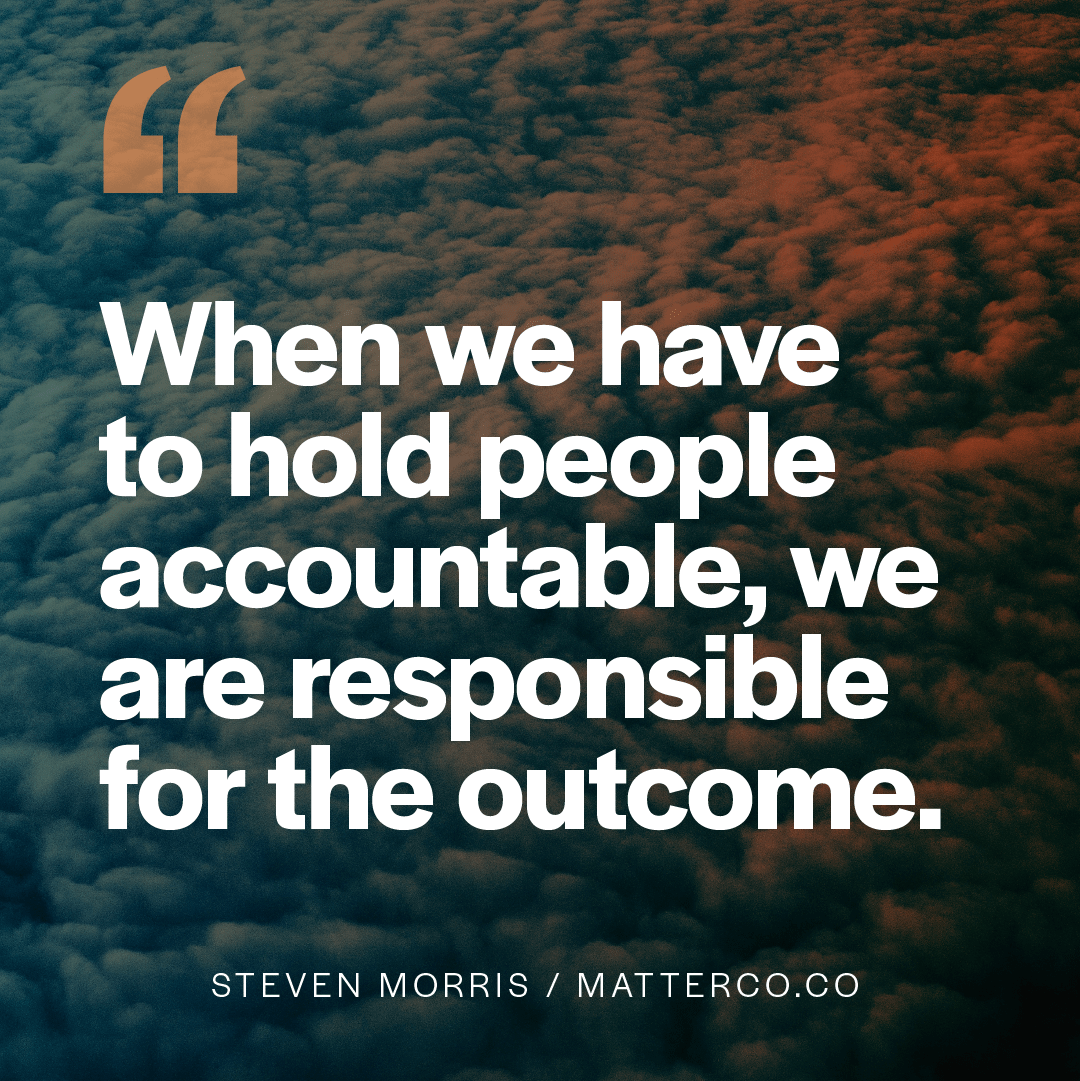
Is It Time For A Real Conversation?
Recently, I led a workshop filled with executive leaders at a large organization. In post-workshop debriefs, one team member pointed out, with a air of excitement, that this leadership team was finally having real conversations.
This got me thinking: What makes a conversation real in the world of work? And, why is having them so beneficial?
It seems that real conversations help us make sense of the world, whether they tackle big questions or address issues in our work groups.
Even in the best-intending organization, things move quickly. We speed through our work days, weeks, quarters, and years, tempted to stick to the small fraction of reality we can control, including our to-do lists, calendar meetings, and business KPIs. While most of these are urgent, they can distract us from what’s important.
At the executive and managerial levels, we don’t invest much time in mastering the skills needed for meaningful exchanges. Nor do teams often enough invest in practicing having meaningful and challenging conversations in safe and courageous spaces.
It’s because genuine conversations require self-awareness and understanding of human connections, which we shouldn’t assume the prowess of our strategic-thinking can compensate for.
The Benefits of Practice.
I have noticed that some of the best performing executives ask themselves questions like: “What conversation am I avoiding but need to have to move people forward?” Or, “What am I or my team avoiding talking about because it’s difficult, scary, or uncomfortable?”
We need to acknowledge that difficult conversations are actually difficult even for seasoned leaders.
By practicing having real conversations, the team benefits in the following ways:
- It allows leaders to let go of the pressure to be perfect.
- Taking a conversational approach to issues reduces work stress by airing out what’s typically avoided.
- It deepens team connection, trust, and belonging when we show up and practice.
- While practice doesn’t always make perfect, it builds skills and confidence.
- Making the time for real conversations on the team (including building competency around them) sends the message from leadership that this is important.
Having these conversations means venturing into unfamiliar territory, facing uncomfortable truths, and genuinely wanting to bridge gaps. By embracing these courageous conversations, leaders pave the way for progress in their teams, work, and lives.
When teams practice having real conversations, it becomes a tool to create understanding, conflict resolution, and group and personal growth. It makes our work less stressful and frees us from the burden of perfection. It equips and encourages leaders with the skills to navigate difficult conversations. It empowers us to ask ourselves, “What courageous conversation does my team need to grow?”
If you found this topic interesting or valuable, here are some related articles for you.
If you want a more trusting team, a culture of belonging or a magnetic brand that attracts more of the right customers, I can help. If you'd like to explore if working together makes sense, drop me a line.







